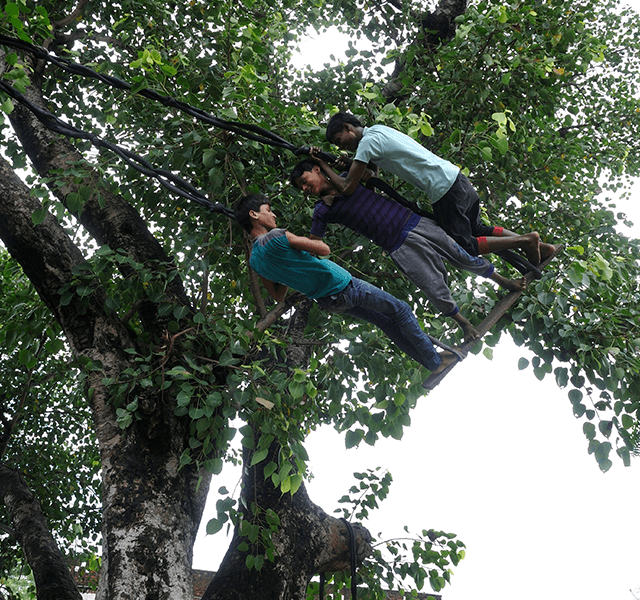

Project MANCH, launched in 2021 in Shahdol district through a collaboration between NHM-MP, HCLFoundation and IHAT, is a pivotal initiative to improve health outcomes among tribal populations. The project focuses on enhancing antenatal and postnatal care coverage, identifying and tracking high-risk pregnancies and newborns, addressing home delivery challenges, and building the capacity of frontline health workers, including ASHAs, Anganwadi Workers, ANMs, and Nursing Officers.
Read MoreUP TSU, in collaboration with the Government of Uttar Pradesh, conducted a qualitative study to explore barriers to the continued use of Antara (injectables) and Chhaya (weekly contraceptive pills). Insights from users, FLWs, and providers highlighted concerns regarding side effects, complexity in the dosage schedule, and other factors, deterring their sustained use. The study underscores the need for user-focused strategies and improved provider engagement to enhance sustained use of the new contraceptives.
Read MoreUP TSU, in consultation with the Government of Uttar Pradesh, conducted a qualitative study with Traditional Method (TM) users and FLWs to understand the factors driving TM adoption and continuation. Findings showed that normative acceptance and clarity on the effects of TM, as opposed to the complexities in the adoption and use of modern methods, facilitated TM use. It also highlighted the need for tailored interventions, specific to the family planning needs of women across all parity levels.
Read MoreGender is a key social determinant of health, shaping both access and delivery of healthcare services. Achieving universal health coverage relies on equipping healthcare providers with an understanding of gender norms affecting healthcare utilization, access, and outcomes. This knowledge brief presents a framework to systematically integrate gender-responsive care into training programs for public health cadres in Uttar Pradesh.
Read MoreThe SBA trainings are designed to enhance the capabilities of ANM and Staff Nurses (SNs) at District Hospitals, Community Health Centers (CHCs), and Primary Health Centers (PHCs) to improve the quality of intrapartum and newborn care and achieve better maternal and newborn health outcomes. In November 2022, a gender e-module was integrated into the SBA training to ensure gender-responsive service provision.
The video aims to capture the impact of the gender e-module training from Uma Shankar Dixit Women’s Hospital in Unnao and the steps taken by the staff and leadership to make the facility more gender-responsive, inclusive and equitable.